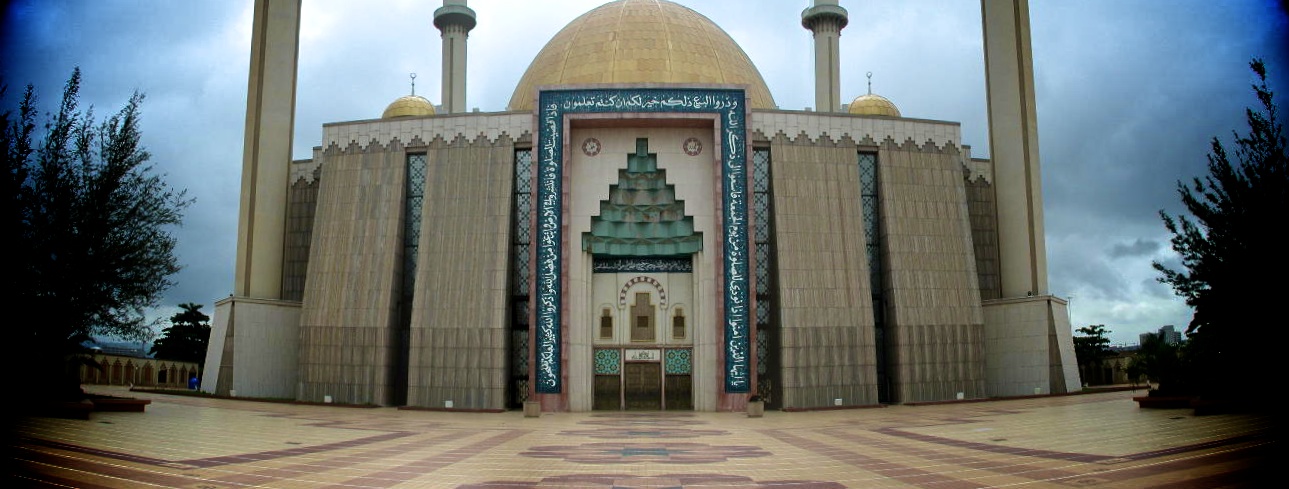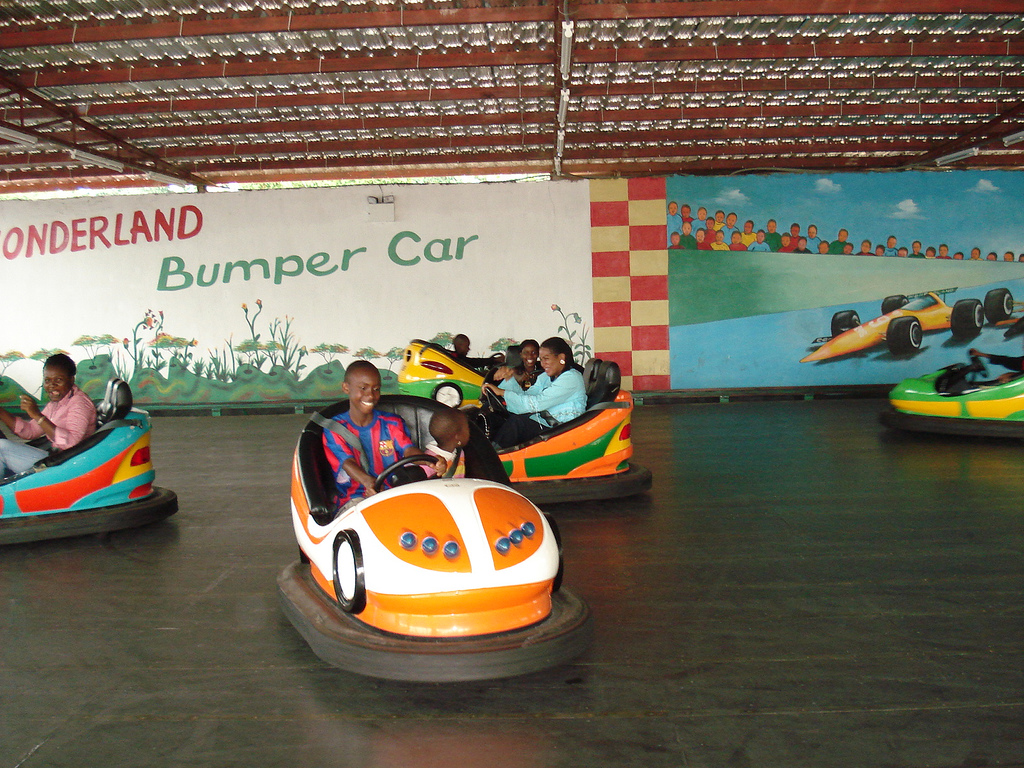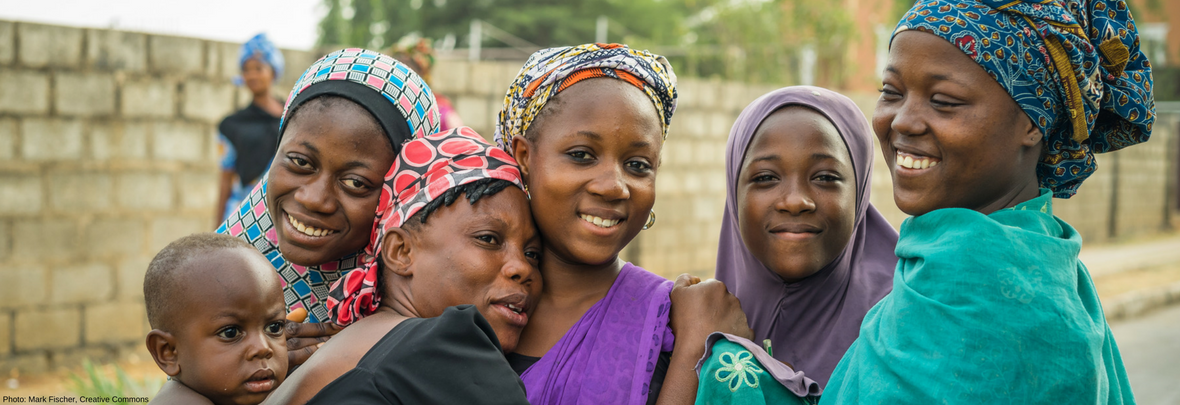Abuja Nigerias Centre of Unity
Abuja is a city of wide streets and fertile hills. It’s a city of civil servants and quiet streets. It does not even feel like you would imagine an African city. The relative tranquillity of this city of mosques and cathedrals is what made it the ideal choice when Nigeria’s capital was moved from Lagos in the late 1970s.

Unlike Lagos, its bigger and louder cousin, Abuja is not a city of markets and food stalls or children playing football on the streets. There is none of the working chaos of Lagos. Abuja is a tidy box with a nice ribbon around it. What does it have in common with the rest of Nigeria? The people. What Nike Oshinowowo, a former Miss Nigeria, says about the Nigerian people holds true even for the civil servants of Abuja: Once you have passed through the airport, you are welcomed by wonderful, warm people. The food is phenomenal. The climate is constantly nice.

Children of Abuja escape to the Wonderland amusement park. (skyscrapercity.com)
Most of the city’s daytime population live outside the city, commuting between government jobs and bedroom suburbs around the metro. The public bus system works, traffic policing is efficient and street vendors abound who will sell you anything from books to groundnuts, keyrings to phone chargers.

Polo players at the Guards Polo Club in Abuja (Image: Abujacity.com)
The cityâs population has jumped from 100 000 in 1990 to more than 3-million today, so expect some congestion. If you don’t want to risk public transport or rattle around in a private taxi, Abuja now has a new high-speed public rail system. The rail link can transport about 700 000 people into and out of the city and connects the centre of Abuja to its international airport.
Abuja’s nightlife could never compare with Lagos, but its nights are not soulless. There are bars like Traffic in Maitama. Or its second site in the Wuse neighbourhood. It’s open-air wonderland of palm trees, privacy and “faaji envy”. Abuja is a city of families and caters to the need to keep kids entertained. A visit to Toddler Lane in the National Children’s Park and Zoo and have you kids pet domestic animals, play on the rides or gawk at wildlife.
A stroll away from the zoo is Millennium Park. Opened in 2003 it is really two parks in one giant green lung. The first, most easily accessible, is the Italian-inspired traditional garden layout. It has terraces and tiled pathways and a fountain that refreshes walkers. Across the river that runs through it, vegetation runs wild. A natural habitat for butterflies and bird life where visitors are welcomed, but not encouraged.
Abuja is not a sports town. It is one of just a few national capitals that do not have a football team playing in their top league. The 60 000-seater Abuja National Stadium dominates the cultural, sporting and religious life of the city. It does not host any of the city’s football teams (Abuja FC, Voice of Nigeria, NAF Rockets and the brilliantly named Court of Appeal) but is home to a basketball league, an ice hockey rink and regular Christian and Islamic religious events.



